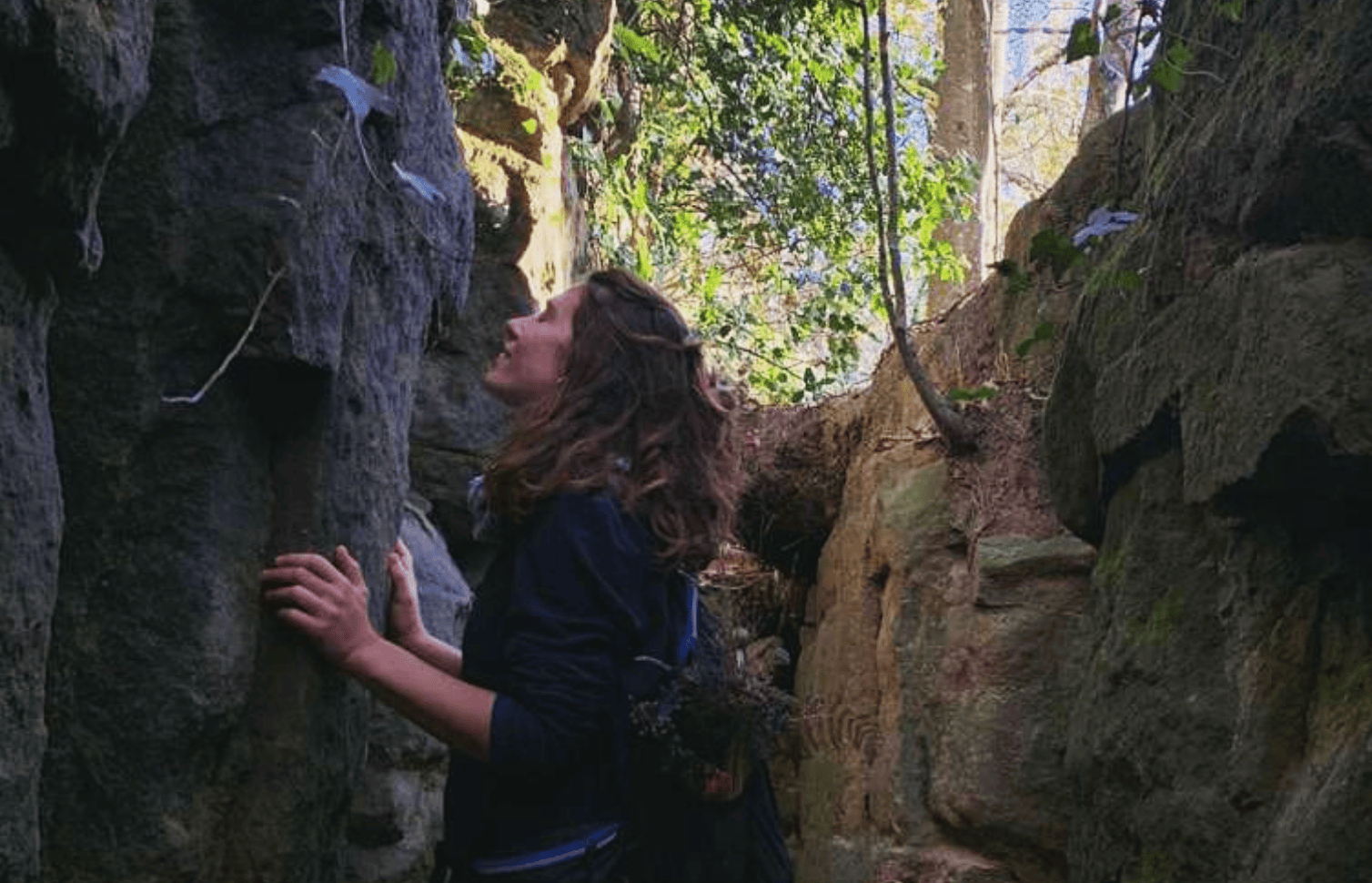“Activating healing patterns as systemic shift levers.
Carla Güell Font
Systemic Consultancy and Research

"Nature is our first common and our oldest teacher. Listening to the territory is to recognize that we are tissues of the same ecosystem of life, interconnected and interdependent."
Carla Güell Font is a consultant, facilitator and researcher specializing in participatory processes and rural public policies, with a perspective of community governance and territorial regeneration. It works from the account of the site, integrating the history, resources and dynamics of each territory to design rooted and regenerative solutions. Its work focuses on reconnecting communities with their environments and encouraging regenerative models that drive community life and land stewardship considering relationships, flows and interdependences as the key to transforming social and ecological dynamics.
Degree in Social Education (UdG, 2019) and a Master in Public Policy and Community Action (IGOP-UAB, 2022), also has training in Regenerative Site Work (TRP, Regenesis Group, 2024) and Biomimetics applied to social systems (UIC, 2023). He is Systemic Constellator (systemic and Humanistic Space, 2023), a tool that applies in his methodology to harmonize social and territorial structures.
Born in the Vall d'en Bas, Carla promotes projects such as the ILTIŔ Gathering, a space dedicated to exploring the link between communities and their places, advising government teams in their municipal strategies and creating People's Councils, key tools for the democratization of decision-making in rural settings. Through these processes, she works to translate the needs and potentialities of each site into regenerative and inclusive public policies.
As a partner of Resilience Earth, Carla leads processes of democratization of care and redefinition of time organization, promoting equity in common spaces and the evolution of the cooperative.
It brings value by combining the principles of systemic facilitation, the account of the place and biomimetics with a deep understanding of rural systems, placing the center the interdependence between society and nature. This view allows local challenges to be transformed into opportunities to build resilient, equitable and regenerative communities.

